Understanding the World of Freight Transportation: Seven Industry Terms You Need to Know
The world of freight transportation and oversized trucking can be a complicated one. Between protocols, shipping laws and industry jargon, maneuvering through the world of transportation logistics can seem overwhelming. That’s why our knowledgeable team at Osage Specialized Transport strives to do everything we can to make the process less complicated for our clients. We feel that, the more you know about what we do, the more comfortable you’ll be trusting our logistics company in Aurora, CO with the transportation of your goods.
One way we’ve found to help make the transportation process seem less complicated for our clients is to explain some common terms we use in our industry. Most of our clients find that having a better understanding of these terms makes managing their shipments seem less overwhelming. So, to help you get started, below are seven industry terms that you should know:
- Bulk freight: The term “bulk freight” refers to goods that can be transported unpackaged in large quantities. Some examples of bulk freight might include crude oil, grain or coal.
- Back haul: A back haul is the return trip of a freight truck that is transporting goods back over all or part of the same route it took to get to its current location. It’s a smart way to save money and time.
- LTL: The acronym LTL stands for “less than truckload.” LTL means a shipment that does not require a full trailer. Some transportation services specialize in LTL shipments by carrying small shipments for multiple clients all in one truck and then splitting the cost of that truck between the clients.
- FTL: FTL is another acronym, and its meaning is the opposite of LTL. An FTL is a full truckload, which basically refers to a shipment that does require a full trailer for transportation.
- FOB: FOB is another acronym, and it stands for “freight on board.” This term refers to who pays loading and transportation costs and at which point the responsibility of the goods transfers from shipper to buyer.
- PRO number: Short for “progressive number,” a PRO number is a series of numbers used to keep reference of your shipment.
- Accessorial charges: This term refers to charges that are in addition to the typical costs of transportation. Examples of accessorial charges would be an inside delivery or a residential delivery.
At Osage Specialized Transport, we know that the transportation of goods is only a small portion of the operations our clients need to manage each and every day, which is why we don’t want to leave our clients to sift through industry jargon by themselves. Just by understanding these few industry terms, you’ll be well on your way to knowing everything you’ll need to know about freight transportation. As for the rest, well, you can leave that to us! As the number one rated logistics company in Aurora, CO with over 40 years of experience, you can trust us to get your goods wherever they need to go safely and on time. Contact us today for more information.
Reader interactions
2 Replies to “Understanding the World of Freight Transportation: Seven Industry Terms You Need to Know”
Comments are closed.

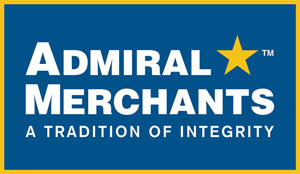



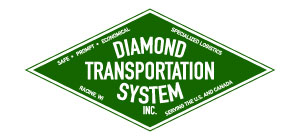

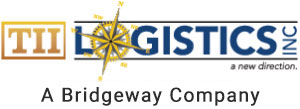
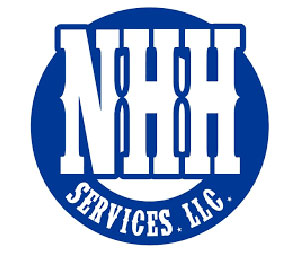
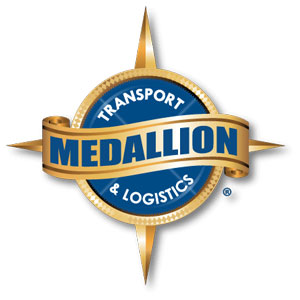
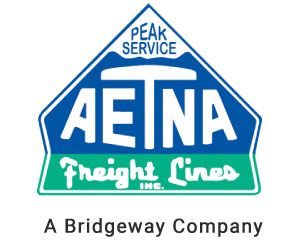
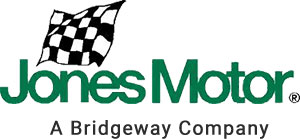
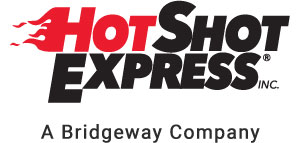
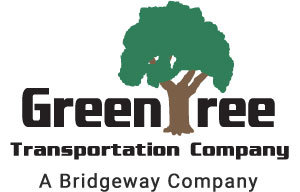

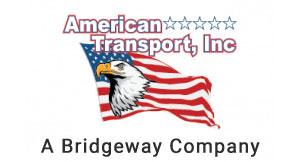
[…] truck drivers to train engineers to warehouse personnel, the shipping industry relies on many different professions to run smoothly. Among those professions, freight brokers play […]
[…] driver and other road users. As such, drivers are required to take the necessary precautions when transporting goods and materials that are too lengthy or wide to fit in a […]